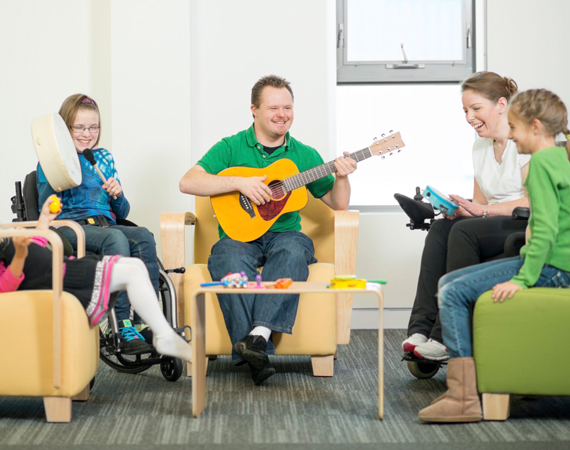Under the National Disability Insurance Scheme (NDIS), Group Activities are a core support service designed to facilitate social interaction, skill development, and community engagement among individuals with disabilities. These activities are typically conducted in a group setting and offer various benefits in terms of socialization, learning opportunities, and personal growth. Here’s a detailed description of Group Activities under NDIS Core Support Services:
- Structured Group Programs: These programs involve structured and organized activities conducted in a group setting. They may include workshops, training sessions, educational programs, and skill-building activities tailored to the interests and needs of participants.
- Socialization and Peer Interaction: Group activities provide opportunities for individuals with disabilities to socialize, interact with peers, and build friendships. This promotes a sense of belonging, reduces social isolation, and enhances social skills and communication abilities.

- Recreational and Leisure Activities: Group activities encompass a wide range of recreational and leisure pursuits such as sports, arts and crafts, music, dance, gardening, cooking classes, and outdoor adventures. These activities promote enjoyment, creativity, and physical well-being.
- Educational Workshops: Workshops conducted in group settings focus on various topics such as life skills, financial literacy, health and wellness, vocational training, and personal development. Participants gain knowledge, learn new skills, and receive support in achieving their goals.
- Cultural and Diversity Programs: Group activities may include cultural celebrations, diversity workshops, language exchange programs, and multicultural events. These programs promote cultural awareness, appreciation of diversity, and inclusivity within the community.
- Therapeutic Group Sessions: Some group activities may have a therapeutic focus, such as group counseling, support groups, mindfulness sessions, relaxation techniques, and stress management workshops. These sessions provide emotional support, coping strategies, and a safe space for sharing experiences.
- Community Engagement Projects: Groups may collaborate on community service projects, volunteering initiatives, environmental conservation efforts, and advocacy campaigns. This promotes civic engagement, social responsibility, and active participation in community issues.
- Skill Development Groups: Activities focused on skill development include job readiness training, communication workshops, social skills groups, technology training, and independent living skills programs. Participants acquire practical skills that enhance their independence and quality of life.
- Creative and Expressive Arts: Group activities in creative arts such as painting, music, theater, writing, and dance encourage self-expression, creativity, and artistic exploration. These activities promote emotional well-being, self-confidence, and personal empowerment.
- Supportive Environment: Group activities provide a supportive environment where individuals with disabilities can learn from each other, share experiences, offer mutual support, and celebrate achievements together. This fosters a sense of community, resilience, and empowerment.
Overall, Group Activities under NDIS Core Support Services play a vital role in promoting social inclusion, skill development, community participation, and overall well-being among individuals with disabilities. These activities create meaningful opportunities for learning, socializing, and personal growth within a supportive group setting.
